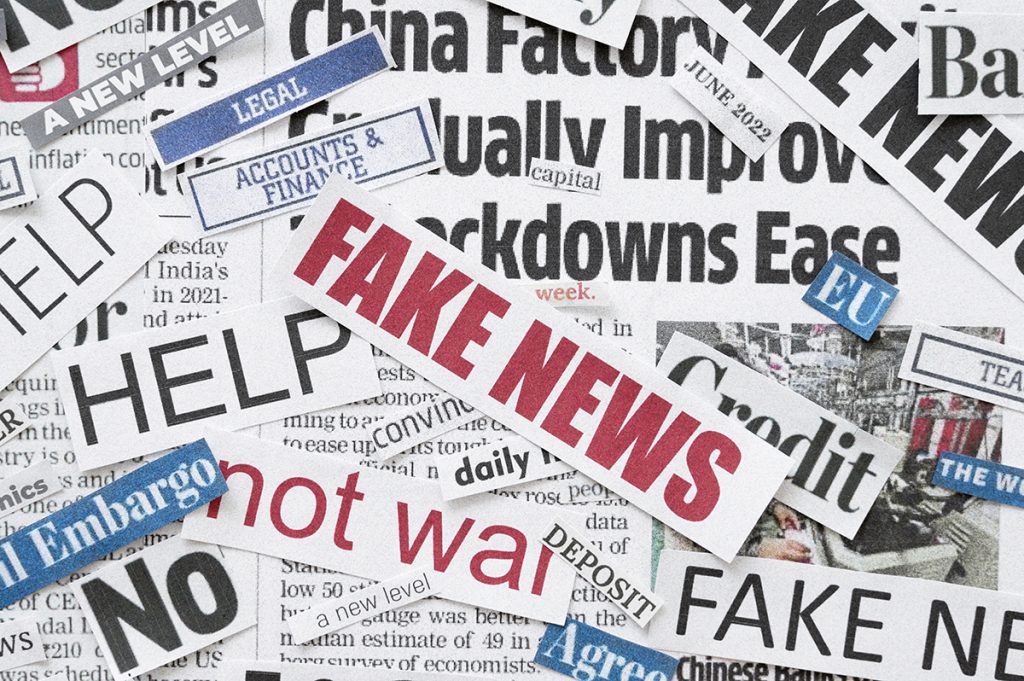By Rodrigo Díaz Guerrero
It’s no secret that media outlets often wield their sharpest pens in service of the highest bidder, especially when it comes to their intricate ties with politics. Shifting public opinion is one of neoliberalism’s most powerful tools, and in this installment of Retrospective, we revisit some very regrettable examples.
In 1898, after decades of tension between Spain and the United States, the “Spanish-American War” was finally declared. The powder keg had been set: the U.S., shielded by the Monroe Doctrine, had displayed new expansionist ambitions, conveniently following the independence of many Latin American and Caribbean nations—and driven, of course, by economic interests, particularly in Cuba.
On February 15, 1898, the American battleship USS Maine exploded in Havana Harbor, killing 260 sailors. Though the exact cause of the explosion remains debated, the sensationalist press—including William Randolph Hearst’s New York Journal and Joseph Pulitzer’s New York World, which competed for readership with flashy headlines—seized the incident to inflame public opinion and pressure President William McKinley into declaring war on Spain in April 1898. As we know, Spain was defeated and lost its colonies, including Cuba, Puerto Rico, and the Philippines.

Years later, The New York Times’ coverage of weapons of mass destruction (WMDs) in Iraq in the lead-up to the 2003 invasion proved highly controversial—particularly the articles by journalist Judith Miller, often based on anonymous sources—helping shape public perception of Iraq as an imminent threat, which largely justified the Bush administration’s invasion.
Once the so-called “Second Gulf War” ended and no WMDs were found, Miller’s credibility was severely questioned, and The New York Times was forced to issue a public apology in 2004, admitting its reporting had been flawed. By then, entire cities lay in ruins, and countless lives had been lost.
But we need not look abroad to find such practices. Mexico, too, has not been spared. During the 1938 oil expropriation, tensions between President Lázaro Cárdenas’ government and foreign oil companies—mainly American and British—sparked aggressive media campaigns. Outlets like The New York Times and The Washington Post (undoubtedly backed by major oil corporations, given the high stakes) published scathing articles criticizing Mexico’s decision, spreading biased information—often sourced from the expropriated companies themselves, like Standard Oil—and even accusing the government of ties to Hitler’s Nazism. The goal was to sow confusion and push the narrative that U.S. intervention was necessary to reverse the expropriation—or at least force Mexico to pay exorbitant compensation fees.
The New York Times correspondent Frank L. Kluckhohn stood out for his hostility toward Cárdenas, going so far as to call him an “incapable Indian unfit to lead a democracy.” His articles falsely claimed (without evidence) that Mexican oil workers opposed the expropriation and insinuated that Cárdenas was establishing a fascist regime. His biased reporting eventually led to his expulsion from Mexico.
Fortunately, bolstered by widespread public support, Cárdenas’ government prevailed over the interests of foreign capitalists, addressing oil workers’ demands while upholding national sovereignty.
More recently, on December 29, 2024, New York Times journalists Natalie Kitroeff and Paulina Villegas published an article titled “Así es un laboratorio de fentanilo del cartel de Sinaloa,” detailing their visit to an alleged makeshift fentanyl lab in central Culiacán. They described two individuals preparing the drug with only surgical masks and cloth face coverings for protection, using improvised kitchen utensils—straight out of Breaking Bad. Notably, the article coincided with then-President-elect Donald Trump’s calls to designate Mexican cartels as terrorist groups—a potential pretext for unilateral U.S. intervention in Mexico. President Claudia Sheinbaum swiftly challenged the article’s credibility in her morning press conference, inviting scientific experts who debunked its claims. Lieutenant Juana Peñaloza, an analytical chemistry expert from Mexico’s Navy, pointed out: “They neither observed nor mentioned the key chemical precursors needed to synthesize fentanyl. Nor did they note the minimal personal protective equipment required to avoid toxic gas exposure during synthesis.”
Statements come and go, but the truth remains under siege by political and economic powers. In the Middle East right now, we’re witnessing all sorts of arguments being made to justify aggression as preemptive strikes: these are contradictions we’re regrettably becoming accustomed to. And if misinformation once relied on slanted journalism, today’s war on truth faces even greater threats—from bots to artificial intelligence.
In this battle, as in all wars, it’s the people who lose. Our only defense is to arm ourselves with critical thinking and remember, as Noam Chomsky warned, that the media is a tool of social control—used to maintain the status quo and protect the interests of the elite.











